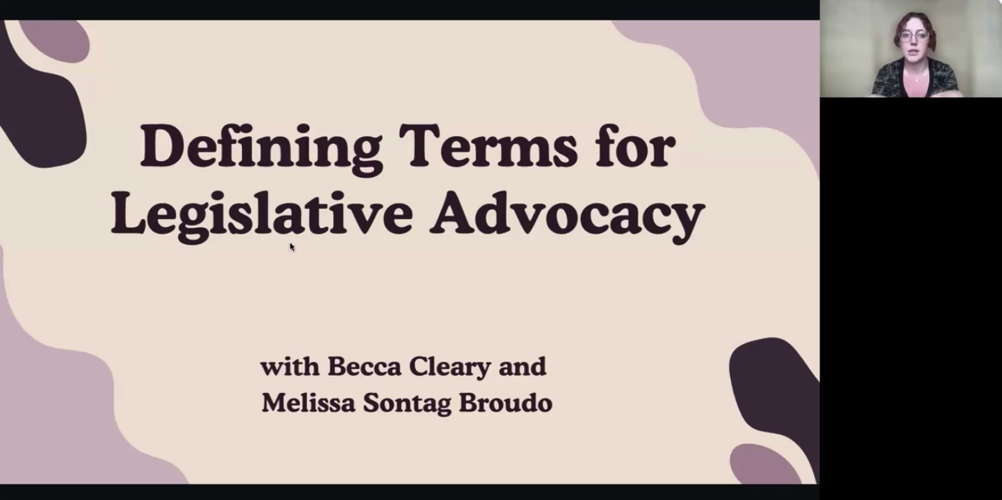
SEX TRAFFICKING
Decoding the Sex Trafficking Case Against Sean ‘Diddy’ Combs
Diddy’s indictment turns the typical sex trafficking charge on its head.
ELIZABETH NOLAN BROWN |
Sean “Diddy” Combs is facing federal sex trafficking and racketeering charges. In an indictment unsealed yesterday, prosecutors accuse the music mogul — formerly known as Puff Daddy and P. Diddy — of having “abused, threatened, and coerced women and others around him to fulfill his sexual desires, protect his reputation, and conceal his conduct.”
Combs was arrested on Monday and charged with one count of racketeering conspiracy, one count of sex trafficking, and one count of transportation to engage in prostitution. If convicted on either of the first two counts, Combs faces life in prison, as both the racketeering conspiracy charge and the sex trafficking charge carry a maximum sentence of life imprisonment. The sex trafficking charge also carries a mandatory minimum sentence of 15 years.
On Tuesday, Combs pleaded not guilty and was denied bail.
I can’t speak to whether the allegations against Combs are true. But reading the indictment, a few things jump out that I can comment on. The first is how — once again — the Mann Act rears its ugly head, making criminal what really should not be a crime. The second is how federal prosecutors are (once again) stretching the application of sex trafficking laws to conduct that goes beyond the sort of actions they were originally pushed to target. And the third is how the racketeering conspiracy charge opens up the government to seizing way more assets than they would otherwise be allowed to seize.
DSW Legal Team Leads Class for Advocates on Spokes Hub

DSW Attends International Human Trafficking and Social Justice Conference

Seattle City Council Reinstates Loitering Laws


